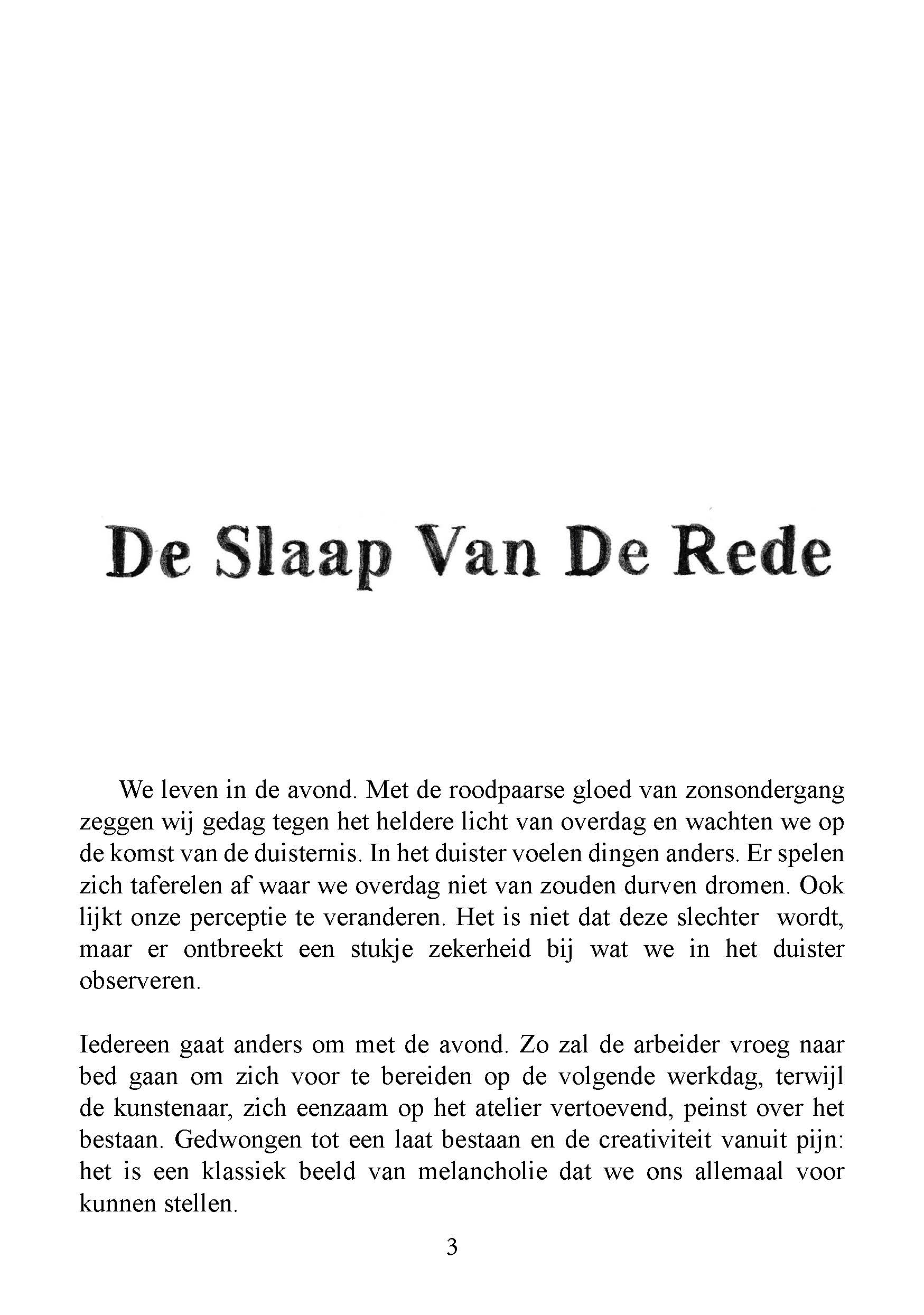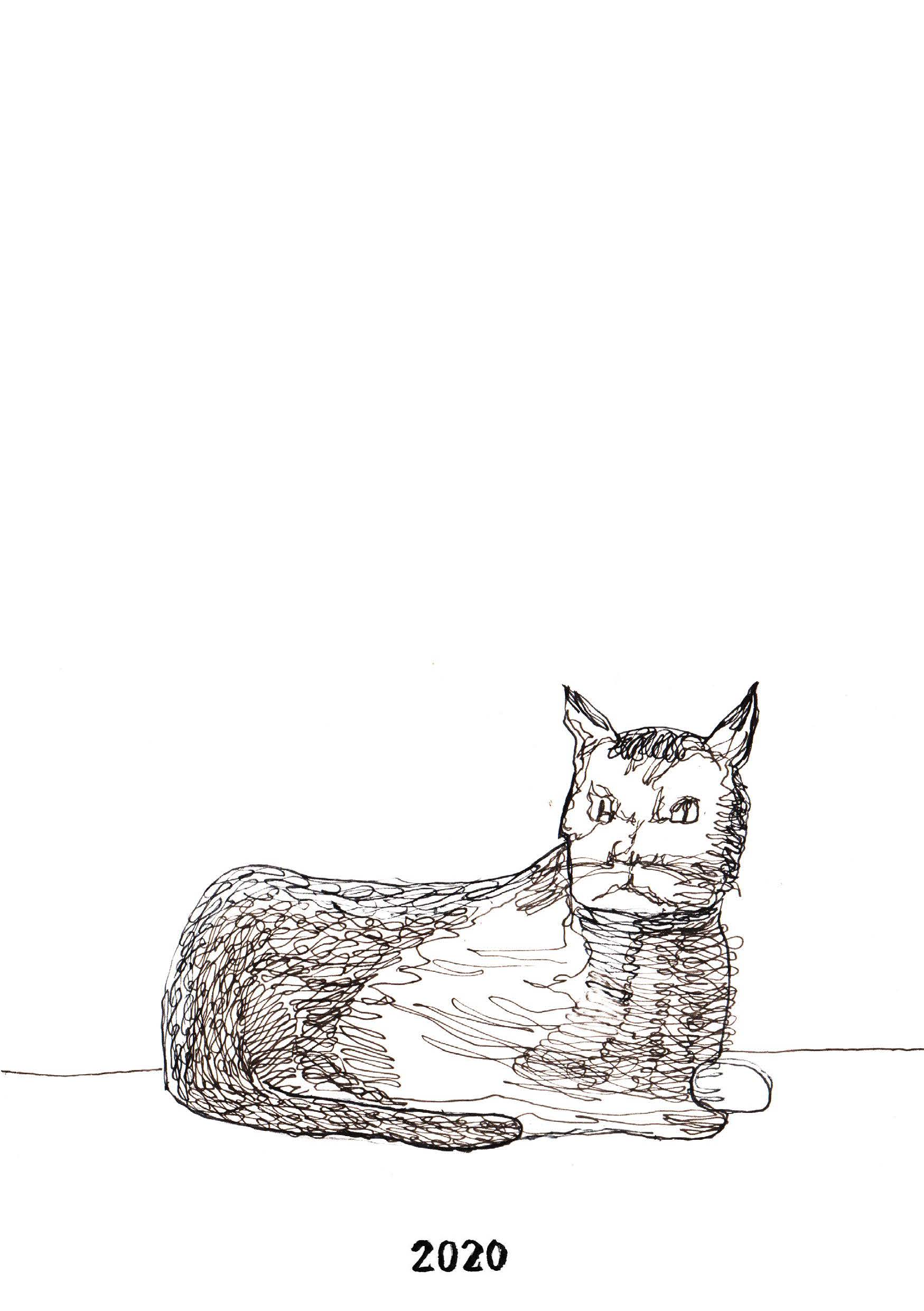Elke eeuw kent een eigen
emotionele karakter dat deel uitmaakt van de cultuur en het collectieve leven. Dankzij onze globaliserende wereld waarin
kunst, cultuur en ideeën vrijelijk lijken te migreren, ontwikkelen we
een proces van interculturalisatie die kritische vragen oproept over de
betekenis en waarde van culturele, etnische en nationale identiteit. De
onzekerheid die hierover is ontstaan, gekoppeld met de toevloed van migratie
van de afgelopen jaren, is vruchtbare grond geweest voor rechts-populistisch
gedachtegoed. Hoewel er over dit soort kwesties een groeiende maatschappelijke
verdeeldheid is, is er blijkbaar toch zo veel maatschappelijk draagvlak waarin
rechts-populisme bodem vindt. Collectief lijken we hier ofwel aan bij te
dragen, of kiezen ervoor geen actie te ondernemen.
Het roept de vraag op waar we als maatschappij naar toe willen. Welke verlangens en angsten houden ons momenteel bezig? Wat is ons emotionele karakter?
Het roept de vraag op waar we als maatschappij naar toe willen. Welke verlangens en angsten houden ons momenteel bezig? Wat is ons emotionele karakter?
Every age knows its own emotional
characteristics that are part of culture and collective life. Thanks to our
globalizing world where art, culture and ideas seem to migrate freely, we are
entering a process of interculturalisation that raise critical questions about
the meaning and value of cultural, ethnic and national identity. The
uncertainty that emerged from this, linked to the increase of migration of the
last couple of years, has been fertile ground for right-wing populist thought.
While there seems to be a growing social division about these issues, there
apparently is sufficient public support for right-wing populism. Collectively
we seem to either be contributing to this or, choose not to take any action.
It raises the question where we want to go as society. Which desires and fears keep us busy? What are our emotional characteristics?
It raises the question where we want to go as society. Which desires and fears keep us busy? What are our emotional characteristics?












